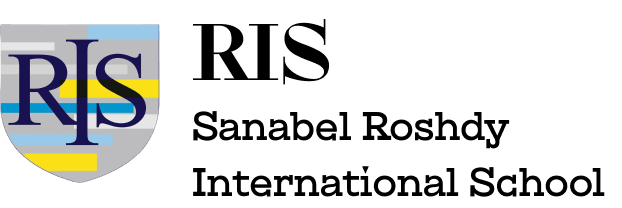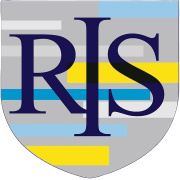Secondary Stage
Secondary Stage
Lower Secondary Stage- Key Stage 3 (years 7,8 & 9)
Diagnostic tests for English, Mathematics and Science, taken at the end of the primary stage, provides comprehensive feedback on the strengths and weaknesses of each learner
Strong research suggests that a lifelong love of a subject is often born in KS3. The characteristics of eagerness, inquiry and energy are very present when children come close to their teenage years. Add transitioning from a different learning environment to the next and you start to see how important KS3 is; it truly starts to be recognized as the ‘formative’ years of the pupil.
Curriculum
In Key Stage 3, students study English, Mathematics, Science, French, German, Geography, History, Global Perspectives, Protect Ed., Nutrition, Information and Communication Technology, Art, Music and Physical Education. Egyptian students also study Arabic, Religion and National Social Studies, in preparation for the End of Middle School ( Ministry of Education) examinations.
Each subject is currently assessed using the National Curriculum levels as a Guide. As National Curriculum levels no longer exist, our assessment criteria has been reviewed so that it is in line with the KS3 Program of Study. These Levels are linked to subject skills and knowledge. Teachers use different forms of assessment throughout the year to measure and assess students’ progress. Parents are informed of student’s progress on three trimesters during the year which contain Levels and Targets and information about effort, homework and behavior, In addition, parent conferences will be scheduled at appropriate intervals throughout the year to support parent and student understanding and progress.
Students are also assessed in Year 7 and Year 9 using computer generated GL Assessment baseline test and GL Progress tests for Maths, Science and English. The assessments are standardised with students from schools in the UK and around the world, and give teachers information about student’s ability and skills rather than simply content knowledge.
In Year 9, students and their parents are given counselling in order to choose the most appropriate GCSE courses to follow in preparation for their future entry into universities. The school has minimum requirements for progression from Key Stage 3 to Key Stage 4 which can be found below.
Upper Secondary Stage – Key Stage 4- (Years 10-12) IGCSE
Curriculum
In Key Stage 2 at RIS we follow the National Curriculum for England and build upon the solid foundations laid in Key Stage 1. The curriculum provides the structure for pupils to partake in a wide range of activities, educating them in a well-rounded manner and giving them a chance to develop lifelong interests and skills.
Pupils have lessons with their teachers in English, Mathematics, Science, Humanities and Global Perspectives. Pupils have lessons with specialist teachers in Arabic, Religion. Social Studies, Music, ICT, PE, Art ,French and German starting from year 4 . We adapt aspects of the curriculum to meet our students’ needs and to reflect our unique position here in Egypt. Arabic, Religion and Social Studies are taught following the Egyptian Ministry of Education’s curriculum.
Continuity and Progression
The curriculum is continuous across key stages and is monitored to ensure there is progression from one year to the next. We recognize that, as pupils move from one key stage to another, there are significant increases in expectations in terms of personal organization and independent study. Throughout KS2 our pupils are assessed informally on a continuous basis by their class and specialist teachers. There will also be more formal assessments which will take place each trimester and will help to support teacher judgments about each student’s progress.
Report Cards
Report cards are issued three times a year upon the final of each trimester – in December, April and June. Parents are also invited to attend the Parents’ Conference meetings to discuss the welfare and academic progress of their children.
Learning Support
RIS is an academically selective school. However we recognize that some pupils will require extra support at certain stages during their education. It is of great benefit for children to receive learning support, as it is a positive step towards meeting their individual learning goals. If learning support is deemed necessary, a learning support plan will be provided to parents to specifically outline the support to be given.
Classes and Resources
We are well resourced with books and equipment which allows the pupils to have the first-hand experiences they need. The students learn in a healthy environment with bright, colourful classrooms. All pupils have access to a specialist science lab, computer lab, dedicated music room and an exciting, creative learning space for art lessons.

